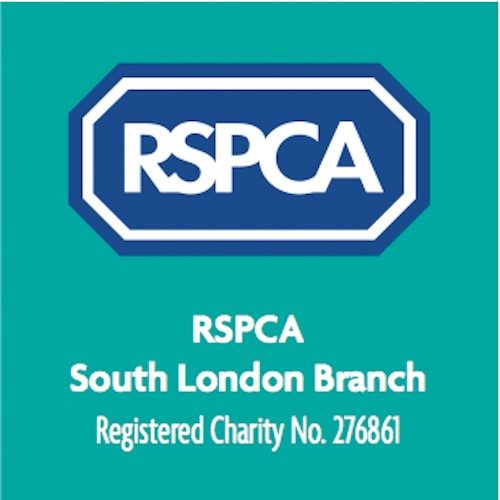The RSPCA are here for the welfare of all animals, including wildlife. The national call centre takes thousands of calls from the public with concerns about a wild animal’s welfare and will take the best course of action wherever possible or provide advice where appropriate.
If you come across a wild animal in need, you should refer to the RSPCA website for advice on what to do. For example you should only transport an animal if it is safe to do so for yourself and the animal. The RSPCA website gives lots of sensible practical advice. You can also sign up to a monthly RSPCA newsletter containing useful advice about wildlife welfare – click Our monthly newsletter to sign up.
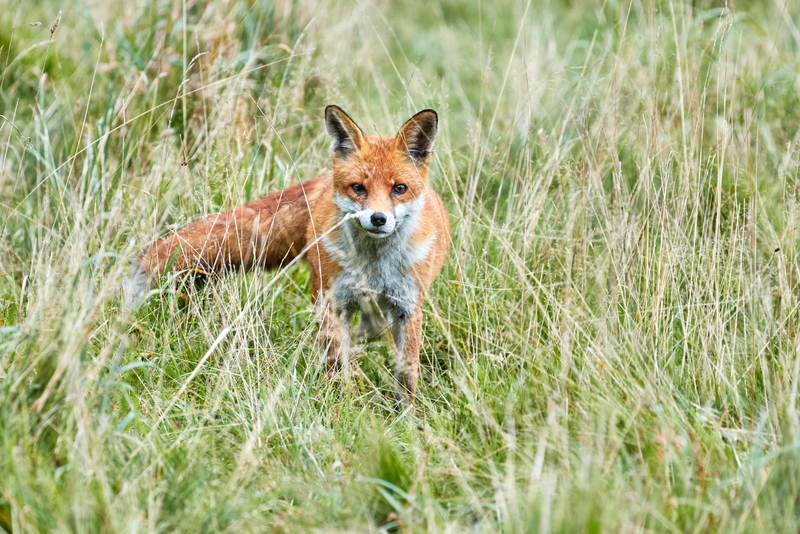
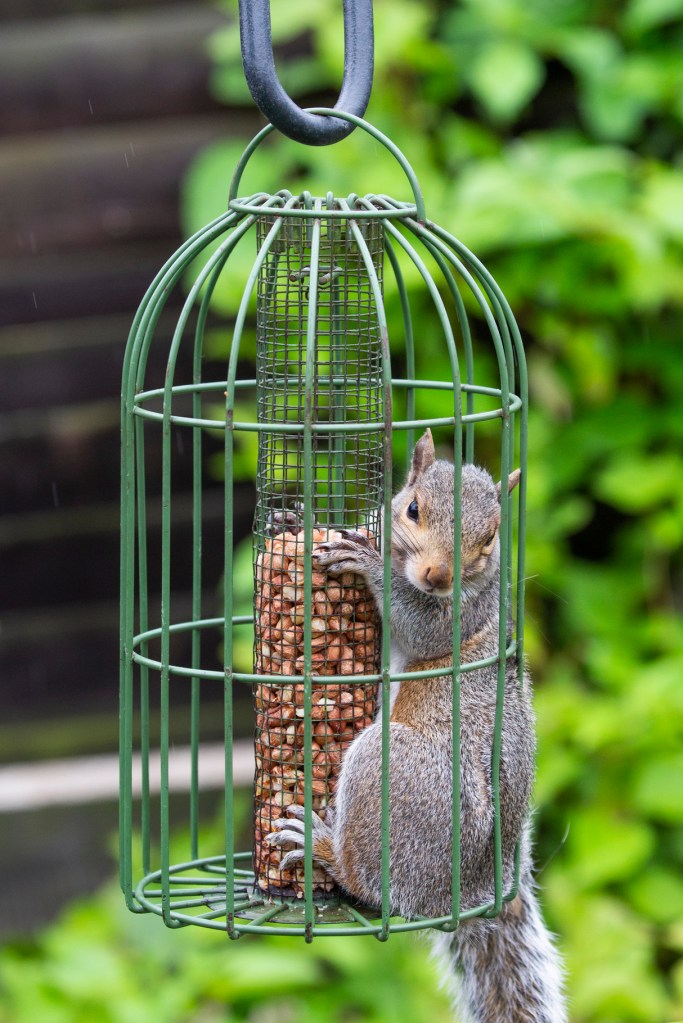


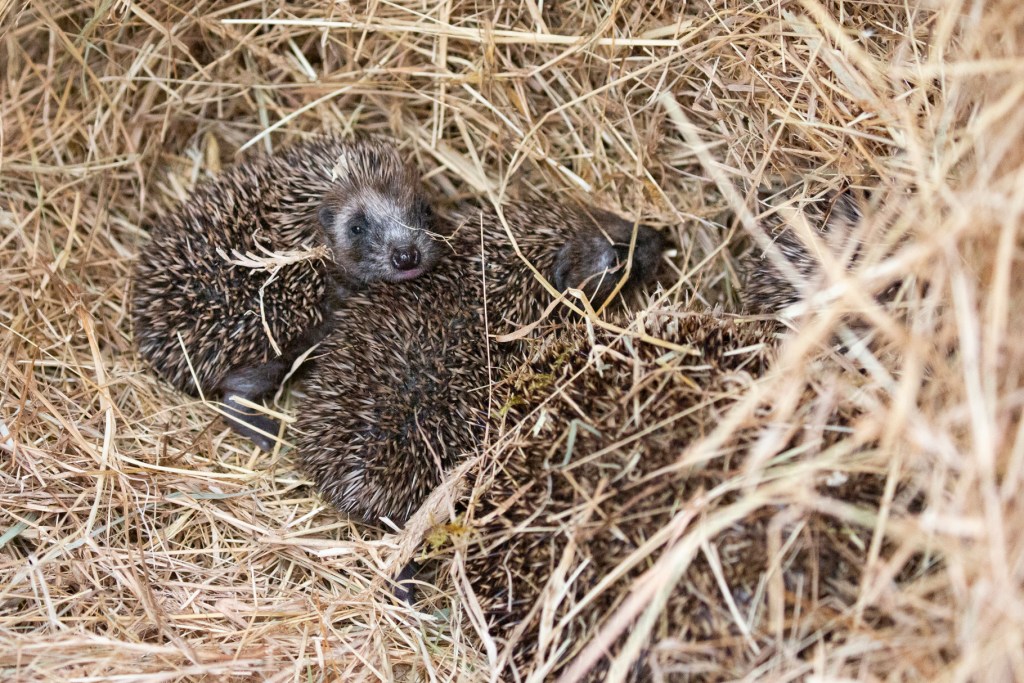
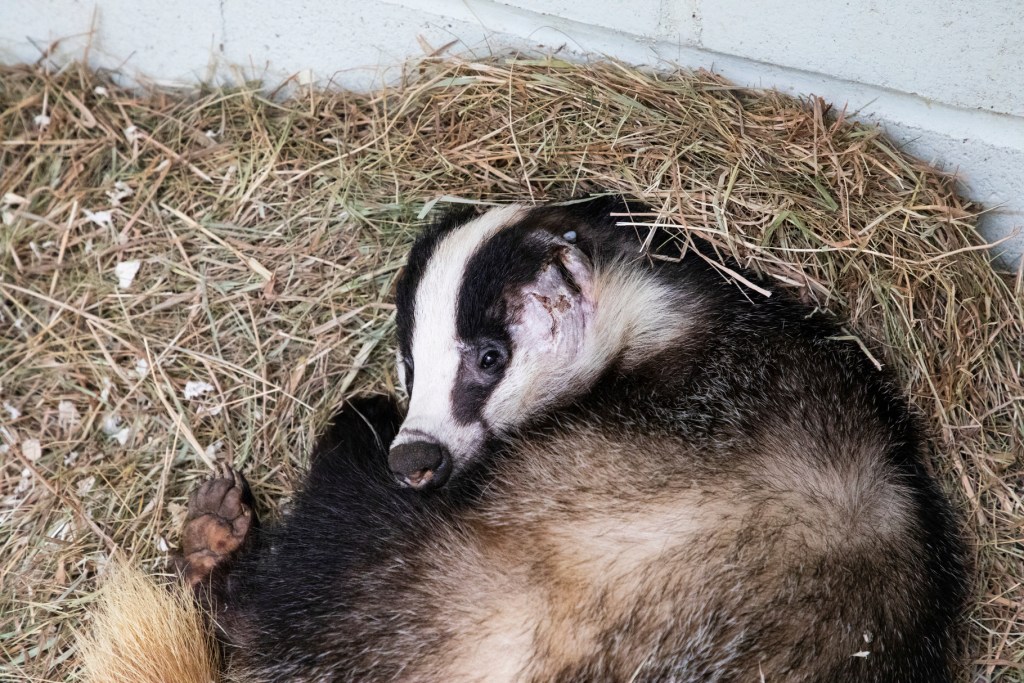


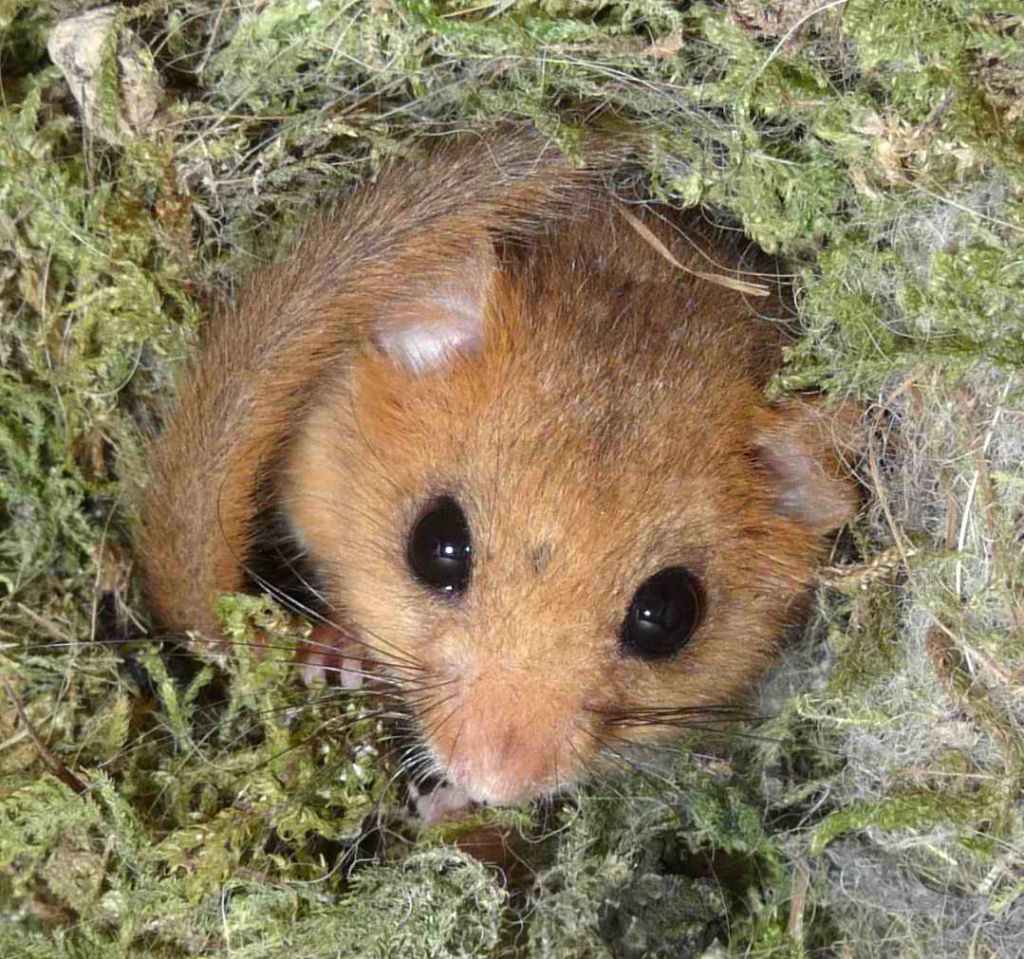
The RSPCA has an agreement in place with the British Veterninary Association for the treatment of small wild animals brought to them. The basis of the agreement is shown below.
RSPCA payment policy for emergency wildlife treatments by private vets
Concerns about wildlife count for a huge proportion of calls made to the RSPCA every year. Our inspectors and officers regularly respond to calls regarding injured or sick wild animals and birds.
Every effort is made to ensure that these animals are taken to one of our own specialist wildlife centres, a vet or one of the independent organisations that we work with so that they are rehabilitated and released where possible.
To ensure treatment is available for all sick or injured wild animals, we have anagreement with the British Veterinary Association (BVA). This Memorandum of Understanding clarifies the arrangements between vets in private practices and the RSPCA regarding Initial Emergency Treatments (IETs).
It states that:
- During practice hours small wild mammals and wild birds should be treated free of charge if they are brought to a veterinary surgery. Vets are obliged by their professional code to provide any necessary pain relief or euthanasia.
- Out of practice hours, or if a larger wild animal is involved e.g. a deer, the RSPCA will contribute to the cost of the IET or euthanasia.
- The RSPCA’s contribution will only be approved if a vet, not a member of the public, rings the RSPCA before the treatment is undertaken. The vet needs to obtain an incident number and treatment will be agreed on a case by case basis.
